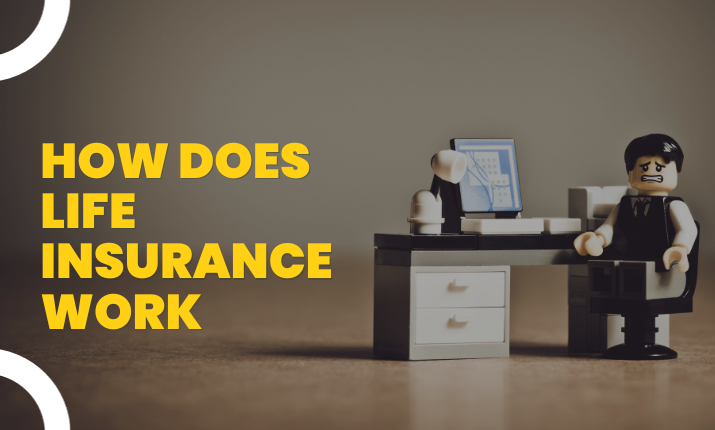Introduction
Securing our loved one’s financial future is of utmost importance in today’s uncertain world, where life insurance comes into play. Understanding its inner workings is essential for making informed decisions regarding protecting your family’s well-being; here, we’ll look into this topic more deeply, demystifying its workings and explaining its purpose.
What Is Life Insurance?
Life insurance is a contractual agreement between an individual and an insurance company. In exchange for regular premium payments, the latter provides a lump sum payment as a death benefit upon their death to their beneficiaries.
Term Life Insurance
This life insurance generally lasts 10-20-30 years and provides beneficiaries a death benefit should their insured pass away.
Whole Life Insurance
Whole life insurance provides coverage throughout an individual’s lifetime. In addition, its cash value accumulates, which can later be borrowed against or withdrawn if necessary.
Universal Life Insurance
Universal life insurance combines death benefit protection and savings components with flexible premium payments and potential cash value growth potential.
How Does Life Insurance Work?
Life insurance works on the principle of risk pooling. Policyholders pay premiums to a collective fund, which then pays out benefits to beneficiaries based on various criteria, including age, health, and range amount.
Premiums are regular payments made by policyholders to maintain life insurance coverage. They may be made monthly, quarterly, or annually according to policy terms.
Death Benefit
A death benefit is paid upon an insured’s passing to provide financial security for their loved ones.
Cash Value in Whole and Universal Life Insurance
Over time, whole and universal life insurance policies accumulate a cash value that accrues tax-deferred. Policyholders can access this amount through loans or withdrawals.
Financial Security
Life insurance provides your loved ones with financial protection should anything occur to you that could leave them without provision should something arise that requires care to be provided for in case you pass away unexpectedly.
Estate Planning
It facilitates the smooth transfer of assets and wealth between generations while mitigating any tax implications that might be encountered along the way.
Supplement Your Retirement Income
Cash Value in permanent life insurance policies can provide additional income during retirement.
Maximizing Your Life Insurance Benefits
Now that we understand how life insurance works let’s look at ways you can maximize its benefits. Here are a few strategies to maximize your policy’s coverage.
Regularly Review Your Coverage
As your circumstances evolve, so too must your insurance needs. Conducting regular reviews to ensure that they fit the current state of affairs is essential – factors like marriage, the birth of a child, or changes in income when reviewing policies to ensure they align properly.
Consider Riders for Additional Coverage
Insurance providers often offer riders to add to your policy for extra protection during unexpected circumstances, including critical illness, accidental death, and disability coverage. Adding these can give your policy extra security against unforeseen events.
Designate Beneficiaries Carefully
Designating beneficiaries is a critical decision. Make sure to choose those you would like to receive your death benefit payout, and include contingent beneficiaries in case one or both cannot accept.
Understand Tax Implications
Life insurance benefits generally do not fall under taxation regulations. However, you must understand any exceptions or nuances that might apply to your situation. Consulting a tax professional could prove extremely beneficial.
Understanding life insurance works is the cornerstone of protecting the financial futures of those you love. By selecting an appropriate policy and coverage, you can give them peace of mind while laying a firm foundation for years ahead.
Can I change my life insurance policy after purchasing it?
In general, life insurance policies provide flexibility for adjusting coverage or changing beneficiaries after purchase.
What factors affect the cost of life insurance premiums?
Several variables play into determining premium costs, such as age, health status, and coverage amount.
Is It Possible to Hold Multiple Life Insurance Policies at Once?
Multiple policies from different providers may be purchased simultaneously to increase coverage.
What will happen if I stop paying my premiums?
If you stop making timely payments, your coverage could lapse, and your beneficiaries won’t receive their death benefits.
Can I borrow against my life insurance policy’s cash value?
Yes, holders of universal and whole-life policies can borrow against the accumulated cash value for loans against it.

